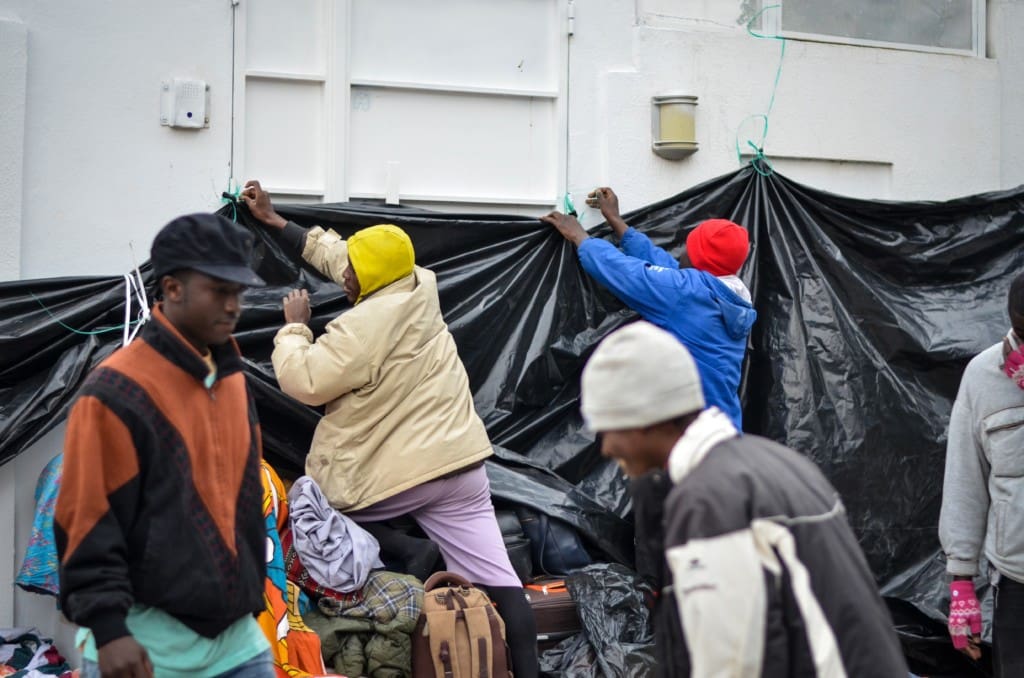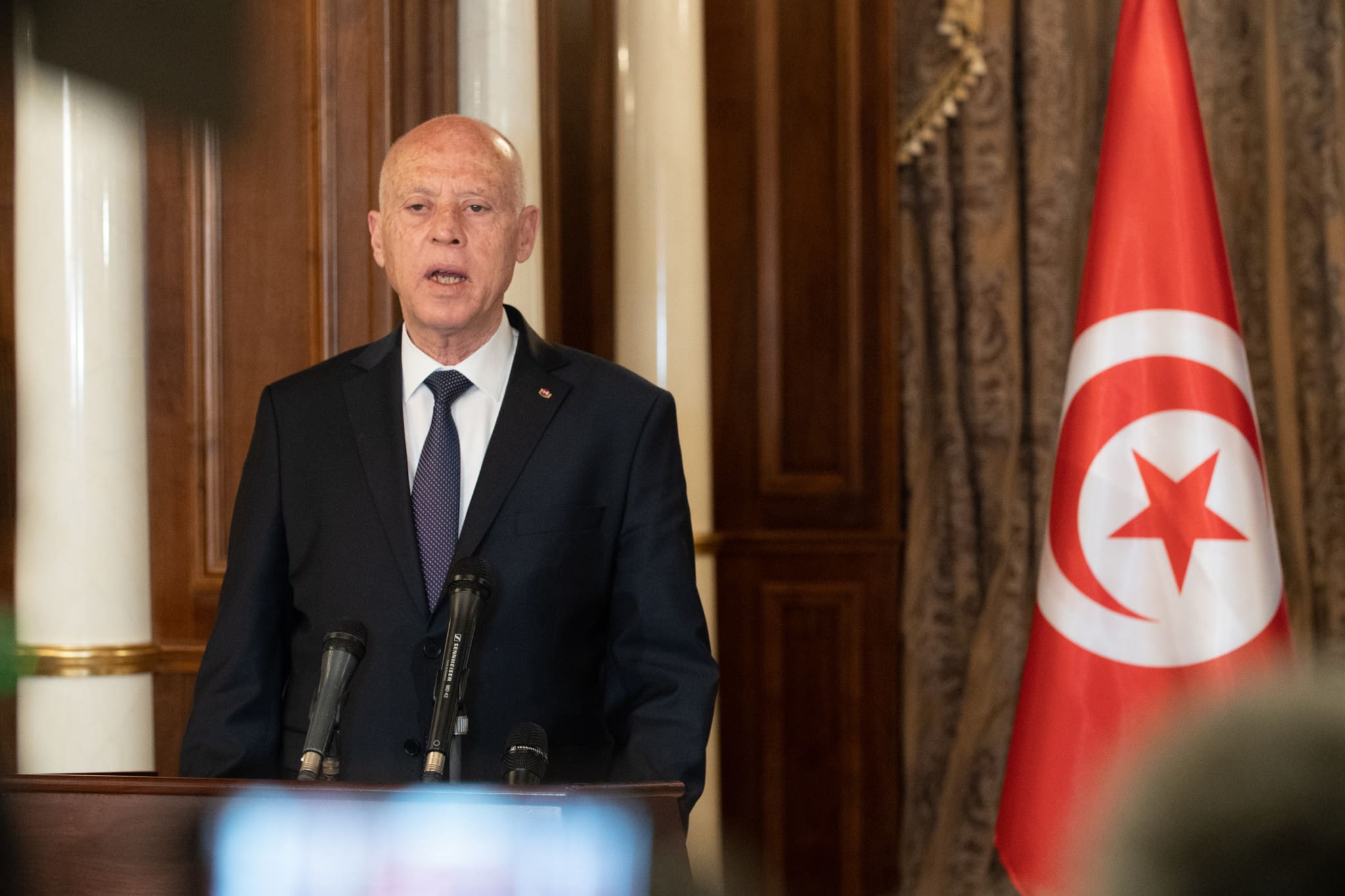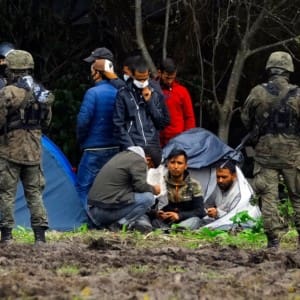Hundreds of Sub-Saharan African migrants are reportedly being flown out of the country shortly after Tunisian President Kais Saied said that Tunisia was facing an immigration crisis, which he described as a “plot” by foreign actors and nations designed to change Tunisia’s demographics and dilute its Arab and Islamic heritage.
About 300 Ivorians and Malians were repatriated on March 4, with the embassies that arranged their flights home stating that their citizens are being subjected to attacks following the president’s speech. Other African embassies are also reportedly flying out their citizens.
According to French newspaper La Croix, “the presidential speech had the effect of triggering a wave of attacks on Sub-Saharans, who rushed by the dozens to their embassies to be repatriated.”
Saied has delivered a number of anti-immigration remarks in recent weeks. On Feb. 21, Kaïs Saïed said that illegal immigrants from Sub-Saharan African countries were a source of “violence and crime” and part of a “criminal enterprise” aimed at “changing the demographic composition.”
“Migration is a plot to change Tunisia’s demographics. Traitors who are working for foreign countries and shady parties are targeting the Tunisian state, said Saied last month. “Today, they are speaking about the issue of (Sub-Saharan) African (migrants), and we’re proud of our African identity. We helped them during the Covid-19 pandemic, distributing medicines. But today they want to change the demographic composition of Tunisia. It’s a plot and they got paid for it, like they got paid in other fields to attack the state.”
The Tunisian leader had said in February that “urgent measures” were needed to tackle the issue of irregular immigrants from Sub-Saharan countries, “with their violence, crimes and unacceptable practices.”

“The undeclared goal of the successive waves of illegal immigration is to consider Tunisia a purely African country that has no affiliation to the Arab and Islamic nations,” he added.
The Tunisian president urged authorities “at all levels, diplomatic, security, and military,” to help tackle the immigration wave and to strictly apply immigration laws against foreign nationals found in Tunisia.
“Those who are behind this phenomenon are trafficking in human beings while claiming to defend human rights,” Saied said.
Since his remarks, a sizeable number of the 21,000 Sub-Saharan Africans officially registered in Tunisia, many of them in irregular situations, have now lost their jobs and homes, according to La Croix. Police and officials are stepping up an anti-immigration push, resulting in dozens being arrested during police checks and placed in detention. NGOs have claimed that Tunisian “militias” are also “hunting” and beating up migrants.
[pp id=67172]
Between the president’s remarks and actions by authorities, it appears Saied is achieving many of the goals he outlined in his speech, with many migrants fleeing the country. It is unclear what the long-term implications of the migrant crackdown are, but Tunisia will undoubtedly be seen as a country that is unfriendly to migrants for some time to come.
Critics of Tunisia’s actions have pointed out that Tunisia is not the only country dealing with demographic transformation. In fact, many of the migrants in Europe actually hail from Arab countries such as Tunisia. Tunisia’s youth face a high unemployment rate, and like many Arab countries, there are few economic prospects, leaving many Tunisians setting their eyes on Europe.
European politicians, while officially condemning Tunisia’s actions, are unlikely to complain about a reduced flow of Sub-Saharan migrants, many of who pass through Tunisia on their way to Europe.






